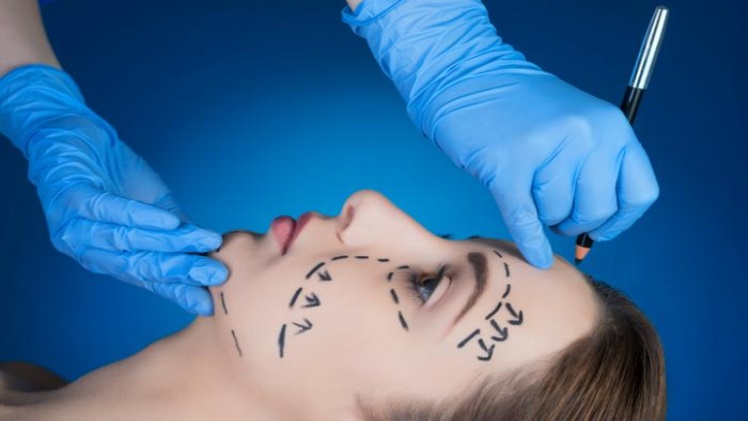Cosmetic surgery is highly popular all over the world. In 2019, 18.1 million procedures were performed in the United States alone. The numbers are steadily rising every year. The most popular surgeries are breast augmentation, liposuction, facelift, rhinoplasty, and eyelid enhancement.
What started out as an attempt to correct facial deformities due to injuries evolved into a huge beauty industry. Plastic surgeries do wonders for self-esteem, confidence, and the overall quality of the patients’ lives.
Regardless of all of the benefits, an invasive cosmetic procedure is still a surgery. It comes with risks, complications, side effects, and pain. Let’s take a closer look at the pain factor that accompanies cosmetic procedures.
1. Each Person’s Pain Threshold is Different
It’s hard to evaluate the level of pain caused by cosmetic surgeries because each person’s pain tolerance is different.
Studies have been done to discover that pain is individual. Your biological, psychological, and sociological factors can affect the post-surgery pain. Emotional problems can intensify the pain while satisfaction with the procedure can reduce it. Past experiences can also affect the level of pain you experience.
It’s worth noting that all procedures are done using a local or general anesthetic, so you don’t feel any pain during the surgery. The discomfort may appear after the anesthetic wears off.
2. Pain May be Caused by Complications
Any invasive cosmetic procedure comes with the risk of complications. These complications may include:
- Hematoma
- Bruising
- Seroma formation
- Nerve damage
- Infection
- Scaring
- Blood loss
While these side effects are rare, they are possible. Each one of them comes with an additional pain factor.
According to experts in Arizona cosmetic surgery, to minimize the chance of these complications, it’s imperative to listen to the doctor’s recommendations before and after the surgery. It’s also vital to be straightforward with the surgeon about your medical history, bad habits, and prescription medication.
The success of cosmetic surgery depends on numerous factors. Hiding or forgetting to share details could increase the risk of side effects.
3. Each Cosmetic Surgery Comes with its Own Pain Intensity
Depending on the procedure you choose, you may experience more or less pain.
- Breast augmentation – key discomfort comes with the muscle spasm, which is the result of the tissue stretching. Your doctor will prescribe pain management meds. They also may make a nerve block injection to prevent excessive pain as the anesthetic wears off.
- Liposuction – this procedure is likely to cause some pain because, unlike breast augmentation, it involves formidable tissue injuries. To prevent painful moments you may want to limit the areas you have liposuction done. Modern techniques reduce pain by minimizing tissue damage when possible.
- Eyelid surgery – this type of surgery may cause some soreness and swelling for about a week after the procedure. However, the pain factor is rather low. You might not even have to use prescription meds, opting for NSAIDs, or nothing at all.
- Rhinoplasty – even though you may experience serious bruising after the procedure, nose-shaping surgeries are rarely very painful. The main discomfort you could experience is a clogged nose for a week or so. Some patients may decide to use prescription meds to control the pain for a few days after the surgery.
- Facelift – since facelifts involve manipulating muscle tissue, you may experience some pain after the procedure. You would need to take pain medication for about 4 to 5 days to reduce the discomfort.
Overall, the level of pain and discomfort depends on the type of cosmetic surgery you choose. It can also vary from person to person.
4. Pain is Unavoidable but Manageable
While some plastic operations are less painful than others, you are likely to deal with at least some pain after the procedure. Regardless of how intense it is, your doctor will prescribe medication to handle it.
You don’t need to bear severe pain after cosmetic surgery. Instead, you can talk to your surgeon and get the right prescription to manage it.
There is no reason to prepare for painful plastic surgery recovery. Only a small percentage of patients suffer from complications. As long as you follow your doctor’s advice and take the right medications, you won’t experience any serious discomfort.
